The views expressed in our content reflect individual perspectives and do not represent the authoritative views of the Baha'i Faith.
Try to imagine it: losing literally everything because of what you believe. In 1852, that’s exactly what happened to Baha’u’llah.
Here’s how it occurred—in 1844, the Bab declared his mission as the herald of “Him whom God shall make manifest,” the predecessor of a world-encircling Faith destined to usher in a new world order:
The world’s equilibrium hath been upset through the vibrating influence of this most great, this new World Order. Mankind’s ordered life hath been revolutionized through the agency of this unique, this wondrous System—the like of which mortal eyes have never witnessed. – Baha’u’llah, Gleanings from the Writings of Baha’u’llah, p. 136.
Baha’u’llah immediately recognized the truth of this new revelation and the movement it sparked, and became its leader after the government executed the Bab six years later in 1850. As the persecutions of the Babis mounted, Baha’u’llah and many other Baha’is were arrested, tortured and deprived of all their belongings, even though they had committed no crime, then thrown into Persia’s worst dungeons. In August of 1852:
Baha’u’llah was arrested in Niyavaran, was conducted with the greatest ignominy to Tihran and cast into the Siyah-Chal [Persia’s infamous “Black Pit”]. His imprisonment lasted for a period of no less than four months … – Shoghi Effendi, God Passes By, p. 104.
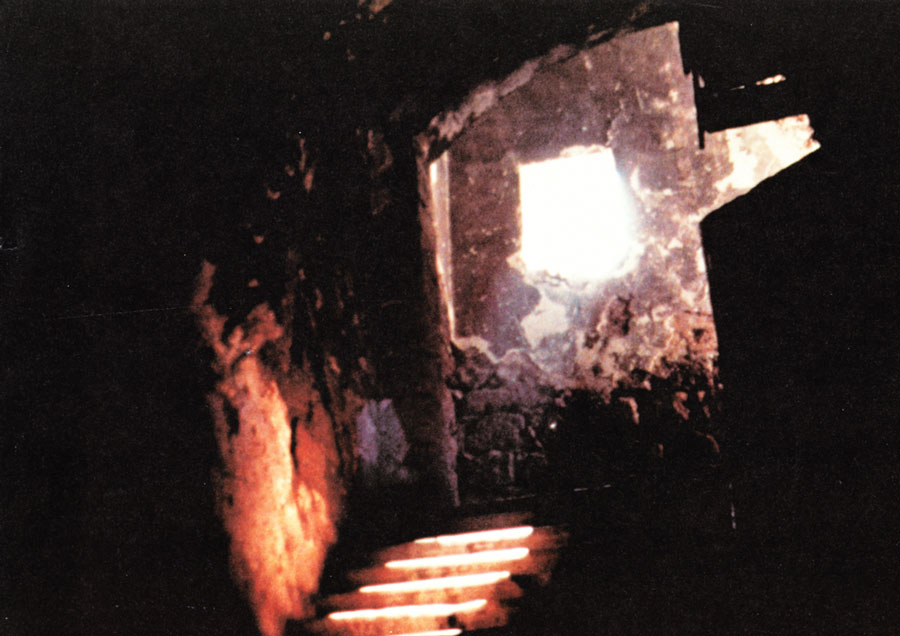
The entrance to the Siyah Chal (Black Pit).
When that kind of imprisonment happened in 19th-century Persia, the Muslim masses commonly descended on the households of the prisoners and took whatever they could. Once identified and branded as heretics and apostates by the clergy and the courts, the Babis had no rights whatsoever. Their properties were confiscated, their families sometimes scattered, their wealth instantly gone. These kinds of corrupt tactics, meant to instill fear in the populace and enforce the iron-fisted control of the clerics, devolved into a widespread campaign of genocide against the Babis:
… characterized by nine years of fierce and relentless contest, whose theatre was the whole of Persia, in which above ten thousand heroes laid down their lives, in which two sovereigns of the Qajar dynasty and their wicked ministers participated, and which was supported by the entire Shí’ah ecclesiastical hierarchy, by the military resources of the state, and by the implacable hostility of the masses. – Ibid., p. xiv.
Many prisoners did not survive the brutal conditions in Persian dungeons, either. In the Black Pit, for example, men were held underground in a dank, foul, fetid old cistern, bound together with massive, heavy chains and collars. Baha’u’llah, who had lived a life of privilege until his arrest, found himself shackled with two of the most galling of those huge chains, so feared and infamous they had names.
Baha’u’llah related some of the details of his confinement in the Black Pit to the historian Nabil:
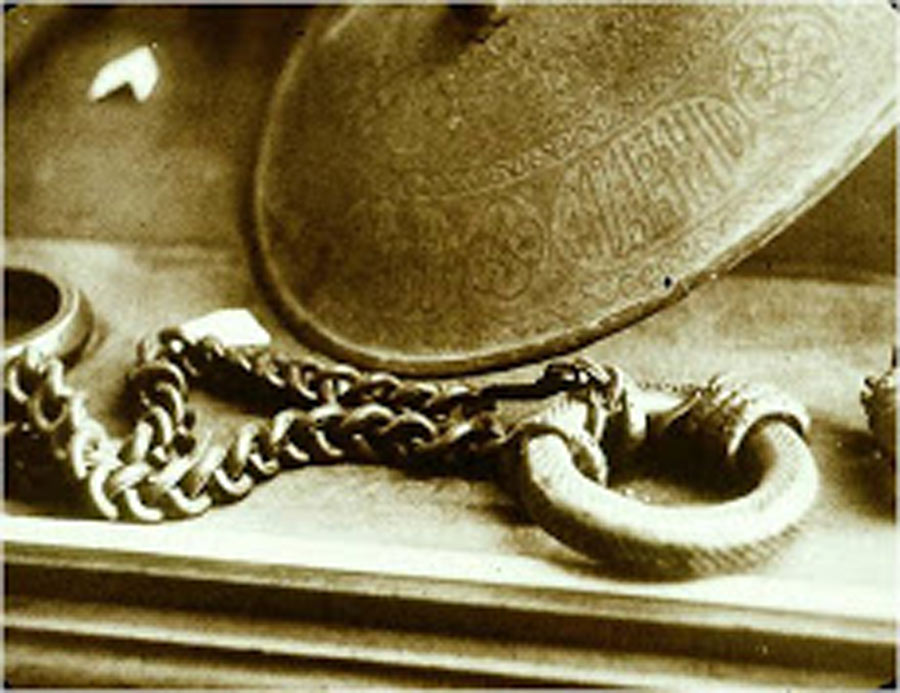
One of the chains placed around Baha’u’llah’s neck in the Siyah Chal prison.
We were all huddled together in one cell, our feet in stocks, and around our necks fastened the most galling of chains. The air we breathed was laden with the foulest impurities, while the floor on which we sat was covered with filth and infested with vermin. No ray of light was allowed to penetrate that pestilential dungeon or to warm its icy-coldness. We were placed in two rows, each facing the other. We had taught them [the imprisoned Babis] to repeat certain verses which, every night, they chanted with extreme fervour. ’God is sufficient unto me; He verily is the All-sufficing!’ one row would intone, while the other would reply: ’In Him let the trusting trust.’ The chorus of these gladsome voices would continue to peal out until the early hours of the morning. Their reverberation would fill the dungeon, and, piercing its massive walls, would reach the ears of Nasiri’d-Din Shah [Persia’s king], whose palace was not far distant from the place where we were imprisoned. ’What means this sound?’ he was reported to have exclaimed. ’It is the anthem the Babis are intoning in their prison,’ they replied. The Shah made no further remarks, nor did he attempt to restrain the enthusiasm his prisoners, despite the horrors of their confinement, continued to display. – The Dawn-Breakers, pp. 631-632.
But despite the pain, the deprivation and the extreme suffering he and the rest of the Babis underwent there, something absolutely remarkable happened to Baha’u’llah in that dungeon—he saw, in a vision, an intimation of his future and the future of humanity:
While engulfed in tribulations I heard a most wondrous, a most sweet voice, calling above My head. Turning My face, I beheld a Maiden—the embodiment of the remembrance of the name of My Lord—suspended in the air before Me. So rejoiced was she in her very soul that her countenance shone with the ornament of the good pleasure of God, and her cheeks glowed with the brightness of the All-Merciful. Betwixt earth and heaven she was raising a call which captivated the hearts and minds of men. She was imparting to both My inward and outer being tidings which rejoiced My soul, and the souls of God’s honoured servants.
Pointing with her finger unto My head, she addressed all who are in heaven and all who are on earth, saying: By God! This is the Best-Beloved of the worlds, and yet ye comprehend not. This is the Beauty of God amongst you, and the power of His sovereignty within you, could ye but understand. This is the Mystery of God and His Treasure, the Cause of God and His glory unto all who are in the kingdoms of Revelation and of creation, if ye be of them that perceive. This is He Whose Presence is the ardent desire of the denizens of the Realm of eternity, and of them that dwell within the Tabernacle of glory, and yet from His Beauty do ye turn aside. – Baha’u’llah, The Summons of the Lord of Hosts, pp. 5-6.
The Maid of Heaven, as the Baha’i teachings describe her, imparted to Baha’u’llah an inkling of his mission as the One whom God shall make manifest, the world’s redeemer and peacemaker, the prophet and Promised One of all traditions.
You May Also Like
Comments



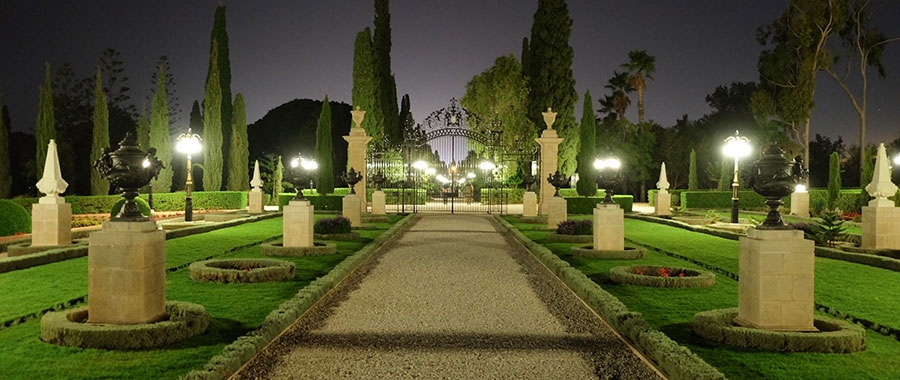

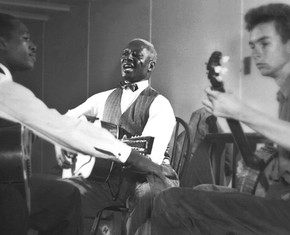

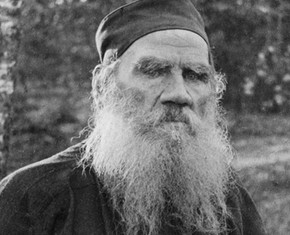









May HE continue to guide & bless you.